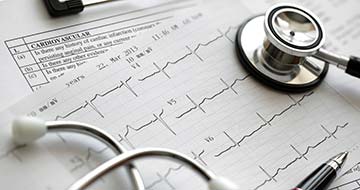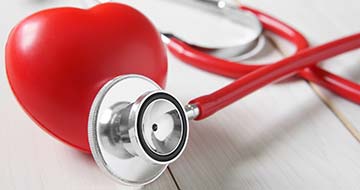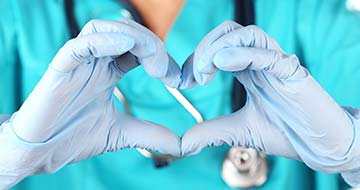Services
The first step in your care process is to understand the nature of your disease so that we can diagnose your condition.
Cardiac Electrophysiology, is the study of the electrical activities of the heart, specifically for the purposes of diag...
When our patients present with problems that may be cardiovascular in nature, we help determine the most likely diagnosi...
We help our patients improve blood flow in their arteries and veins by using very small tubes and specialized tools to d...
When the heart is functioning normally, the arteries are clear and open to allow for easy passage of blood through and o...
The highly trained surgeons and specialists at Biltmore diagnose and treat structural heart disease. We understand the n...
High Triglyceride Levels
When getting your blood cholesterol tested by your healthcare provider, you’re not only measuring your HDL (good), LDL (bad) and total cholesterol levels, often you’re also measuring triglycerides. Triglycerides are the most common type of fat in your body, and their presence reveals a lot to your provider about your health.
Where High Triglycerides Come From
Food is one source of triglycerides. Your liver also produces them. Eating extra calories (especially carbohydrates) increases the production of triglycerides, and excess triglycerides are stored in fat cells. When needed, your body releases them as fatty acids:
- Fueling body movement
- Creating heat
- Providing energy for body processes
Understanding Triglyceride Levels
A blood test will reveal whether triglyceride levels are normal or out-of-range:
- Good health: <150 mg/dL
- Borderline health: 150-199 mg/dL
- High: 200-499 mg/dL
- Very high: >500 mg/dL
What You Can Do to Lower Triglyceride Levels
Your doctor will likely recommend lifestyle changes as the first way to lower triglyceride levels.
Exercise
One of the best ways to address high triglycerides is with regular exercise. Get at least 30 minutes of exercise on most days each week.
Eat well
Making the following adjustments to your diet also may help lower triglyceride levels:
- Consume less saturated fat.
- Consume less total fat in your diet.
- Consume fewer simple carbohydrates. Limit your intake of baked goods made with white flour and sugar.
- Consume complex carbohydrates, such as whole wheat flour, brown rice and vegetables.
- Eat foods high in Omega-3 fatty acids. They can be found in fish such as salmon, tuna, sardines and herring.
- Get 25 to 30 grams of fiber a day. Fruits, vegetables and whole grains are good resources for fiber.
- Cut back on or stop your alcohol intake.
Lose weight
If you’re overweight, dropping pounds will have a significant impact on lessening your risks for heart disease. You are overweight if your body mass index (BMI) is 25 or greater. You’re obese if your BMI is 30 or greater.
Medication for High Triglycerides
If changes in your diet and exercise don’t lower your triglyceride level, your healthcare provider may recommend or prescribe medication:
- Nicotinic acid (niacin): a B vitamin that increases HDL and lowers LDL and triglycerides when taken at levels higher than dietary requirements.
- Fibrates (gemfibrozil, fenofibrate) help mainly by lowering triglycerides by about 20 to 50 percent. They also may lead to modest improvements in LDL and HDL levels.
- Omega-3 fatty acids such as those found in fish oil and flax seed oil may also lower triglyceride levels when taken in prescription-strength doses.
What else?
High blood pressure and smoking both increase your risk for heart disease. Work with your doctor to manage high blood pressure and if you smoke, quit.






